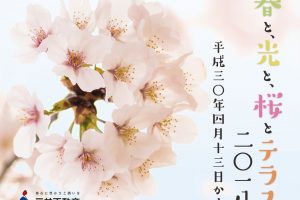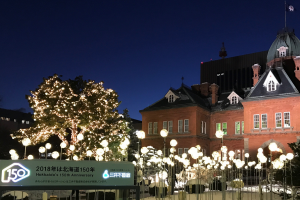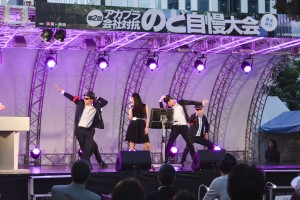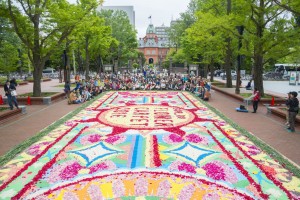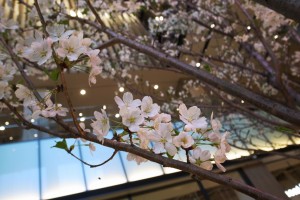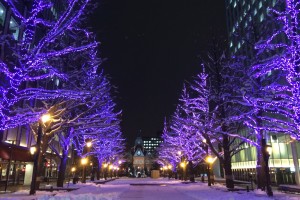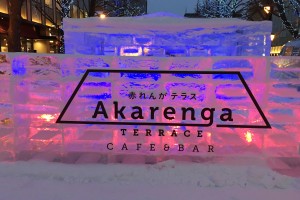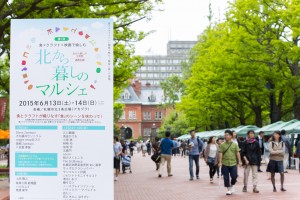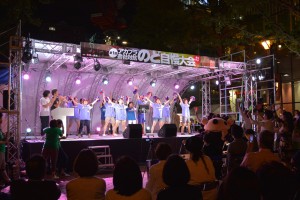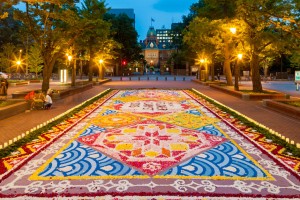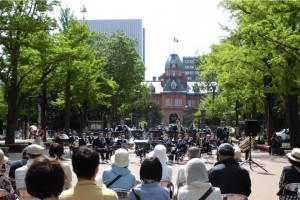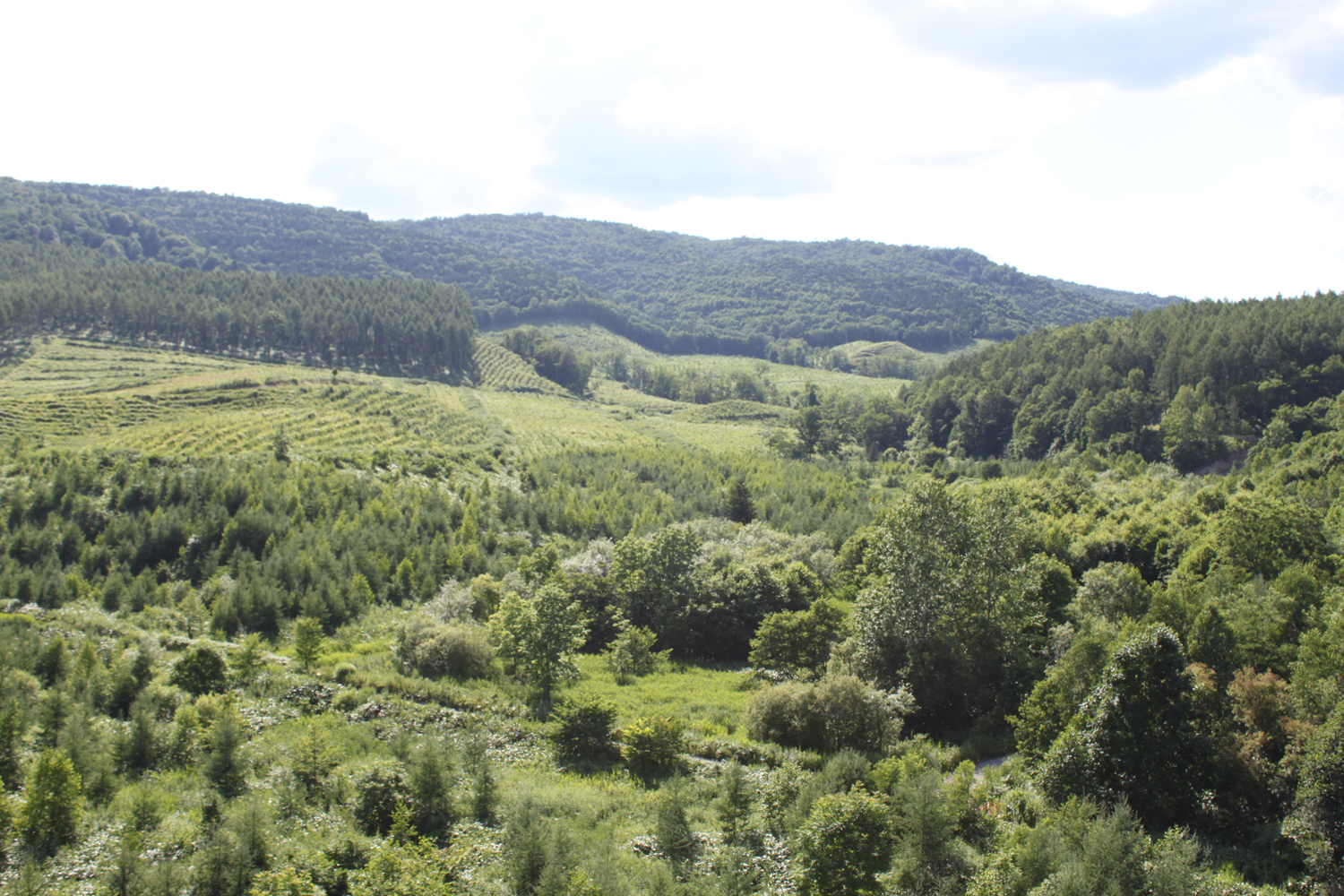
Mitsui Fudosan is actually also a “Hokkaido forestry company.” The forests and woodlands owned by Mitsui Fudosan in Hokkaido spread over 31 cities, towns and villages, with a total area of just under 5,000 hectares. This accounts for approximately one thousandth of the total forest area of Hokkaido (approximately 5.6 million hectares). Ownership of the forests came about as a result of a number of circumstances, and the primary purpose of owning them is to contribute to the global environment. In addition, the company also believes that it contributes to raising the environmental awareness of its employees.
The total area of the forests possessed by the company comprises 62% plantation forests and 36% natural forests (with 2% of treeless land), with the plantation forests properly managed, and the natural forests preserved in their natural state.
The amount of carbon dioxide absorbed and fixed by Mitsui Fudosan's forests is approximately 21,000 tons per year, which is equivalent to the amount of carbon dioxide emitted by approximately 5,630 households per year, when calculated using the annual output of an average household (approximately 3,730 kg).
Timber obtained from the plantation forests (possessed timber) is used as structural and interior materials in office buildings and condominiums developed by Mitsui Fudosan and its group companies, as well as for "Smart Flooring" – an original flooring material, and for furniture in common areas of commercial and logistics facilities. Timber obtained from the thinning out of forests is also used to make novelties distributed at events with environmental themes, as well as wooden educational toys.
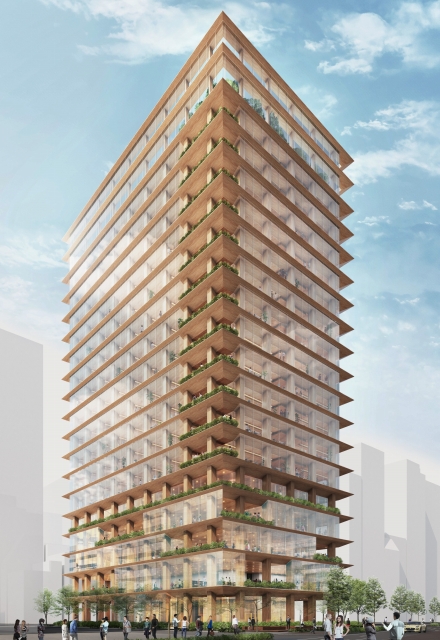
Plans are being made to construct one of Japan's largest wooden rental-office buildings, in Nihonbashi, Tokyo, utilizing timber from Hokkaido's forests for structural materials.
This perspective drawing is an image at the present time and may be subject to change in future.
(Courtesy of Mitsui Fudosan and Takenaka Corporation)
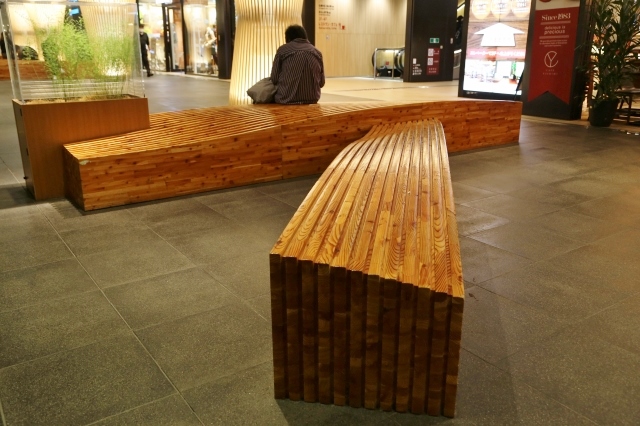
Furniture in the image of the hills of Biei, installed in the basement of the Sapporo Mitsui JP Building
One of these plantation forests is located in the town of Biei. Every year since 2008 (with the exception of 2020 and 2021, due to the coronavirus), forest “environmental training” (forest management) activities have taken place there, with mainly young employees of Mitsui Fudosan and its group companies in Hokkaido and beyond, taking part. As well as allowing participants to experience the "plant, nurture and use” cycle, the activities also aim to heighten environmental awareness as a corporation, by understanding the functions of forests in mitigating global warming, preserving ecosystems and preventing disasters, as well as the importance of forest management in nurturing such functions. The concept is to create an “endless forest”.
On October 19 and 20 this year, approximately 30 employees from Tokyo and Sapporo participated in the program, which included tree-planting activities; visits to a forestry experimental station, a forestry cooperative's sawmill and the Furano Nature School; as well as classroom lectures.
During the tree-planting activities, participants were joined by six Olympians from the Japanese Olympic Committee’s (JOC) Athletes’ Committee and the Winter Industry Revitalization Agency. Mitsui Fudosan supports JOC as a TEAM JAPAN Gold Urban Development Partner.
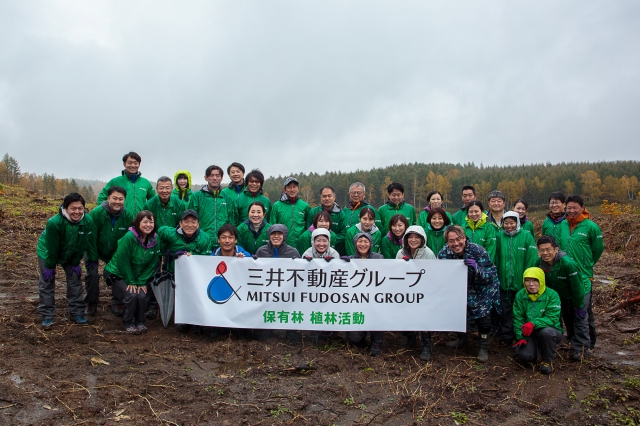
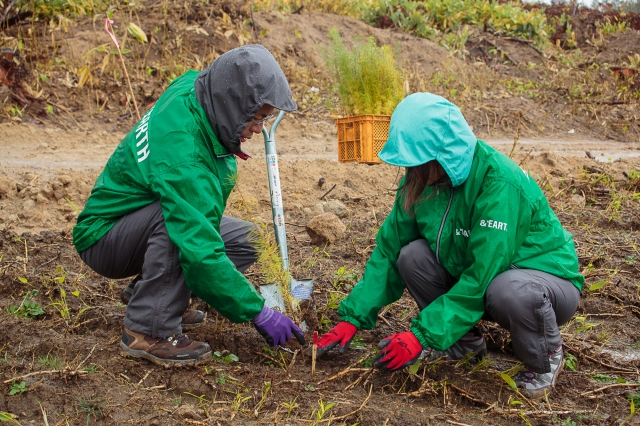
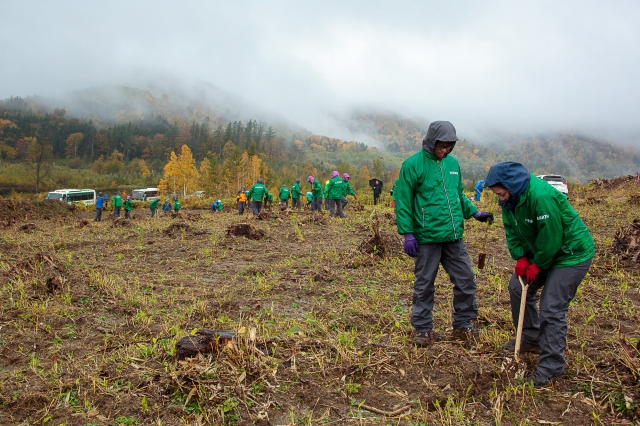
Digging the soil and planting saplings. This small, young tree will become part of one of Hokkaido’s forests of tomorrow. Despite the rainy weather, participants carefully dug the soil and planted the saplings.
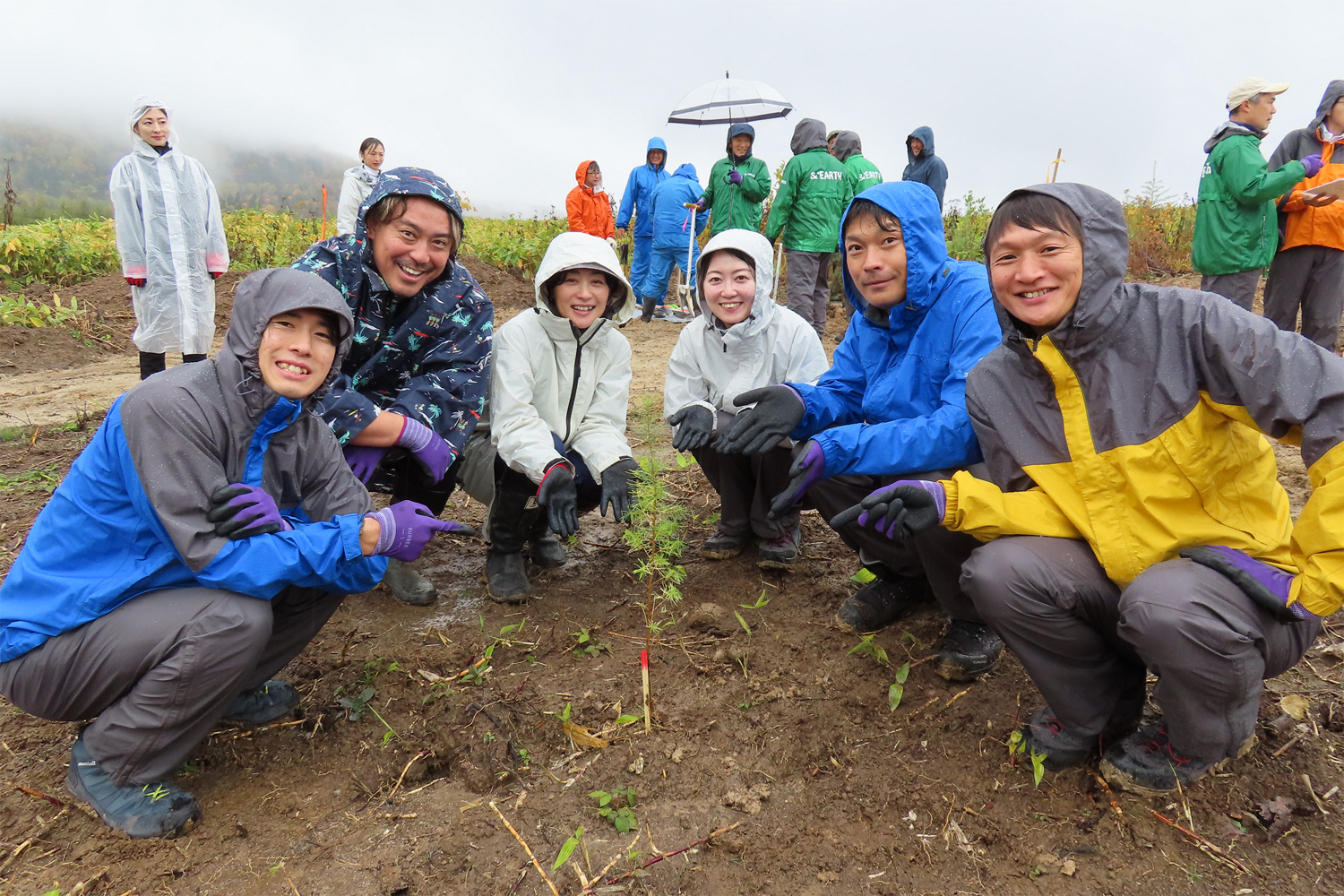
The participating Olympians: (from the right) TAKAHIRA Shinji (Athletics), OGUCHI Takahisa (Luge), YONEYAMA Haruna (Ice Hockey), UEMURA Aiko (Freestyle Skiing), MINAGAWA Kentaro (Alpine Skiing), HORISHIMA Ikuma (Freestyle Skiing)
Here are some of the comments from the participants:
“I understood the importance of preserving the global environment for the next generation.”
“I could understand the contents of the ‘endless forest.’”
“The next generation will be here when the trees we planted grow to maturity. I realized that we have to think not only about our own generation, but also about the next generation.”
“In future, I’d like to see how the trees I planted have grown.”
“I got a good understanding of the situation regarding the forestry industry in Japan, and how hard the on-site work is in forestry.”
In addition, an employee who had previously participated in the program wrote a letter to their child, which read, “I’ll probably never see the small saplings grow into mature trees myself. I hope that someday, when you grow up to be an adult, you will go and see the mature trees and think about the global environment.”
Nowadays, not a day goes by without hearing keywords related to the global environment, such as global warming, biodiversity and SDGs. In addition, deregulation of timber imports has led to a slump in the price of domestic timber, and a shortage of labor due to the shift away from the forestry industry and an aging workforce. As a result, many plantation forests that have reached their harvesting stage are being left unattended. Older trees that have reached the end of their useful life absorb and fix less CO2 than younger trees, and from this perspective, the promotion of clear-cutting and reforestation has become an issue.
For this reason, Mitsui Fudosan is collaborating with forestry cooperatives with the aim of clear-cutting and regenerating forests that are reaching their logging periods. Meanwhile, it is important that the timber is used effectively in order for it to be harvested, and for this reason, the use of timber is being promoted within the group.
In order to protect the environment on a global scale, as well as to preserve the abundance of Hokkaido, it is necessary to expand and continue the creation of “endless forests.”
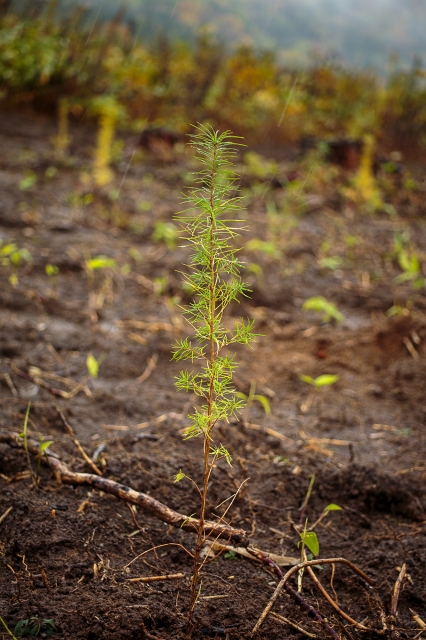








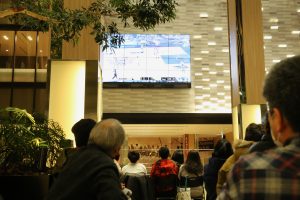
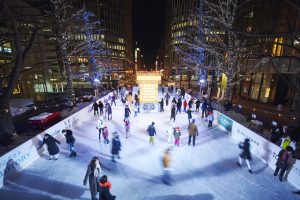
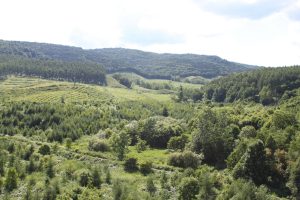

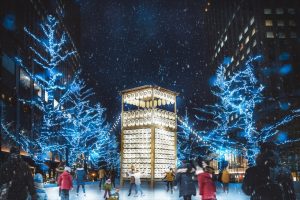
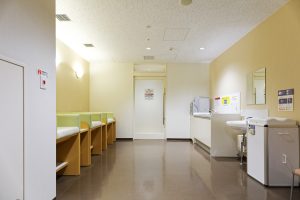
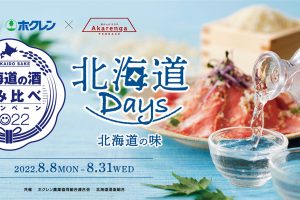
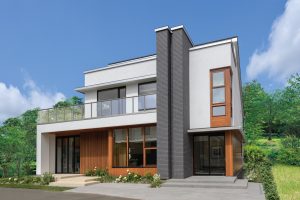
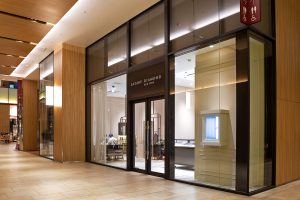
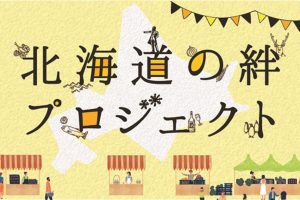
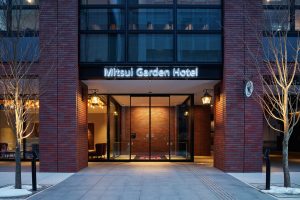
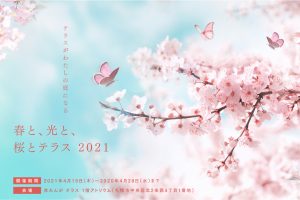
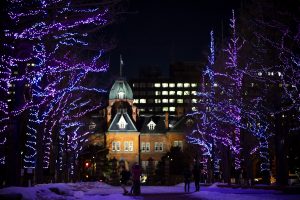

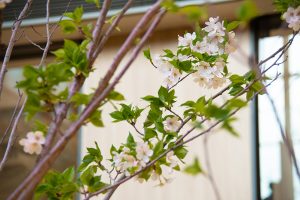

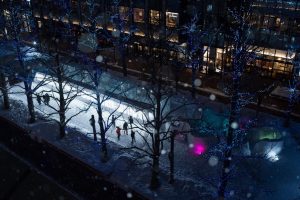
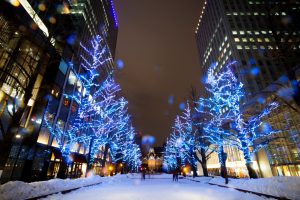
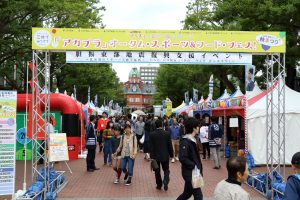
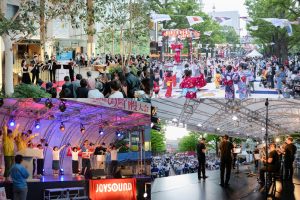
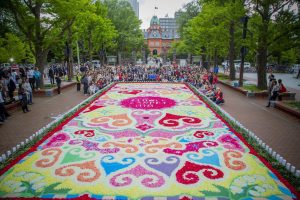
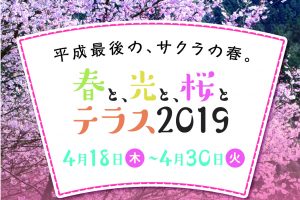
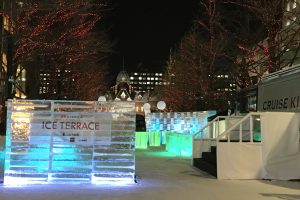
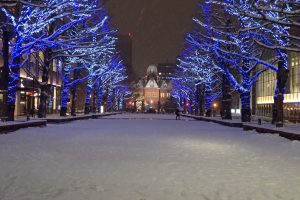

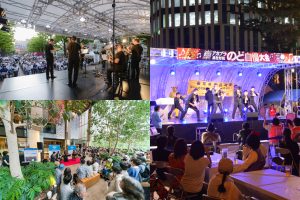
-300x200.jpg)
